Home>Interior Design>9 Things To Get Rid Of From A Medicine Cabinet Now
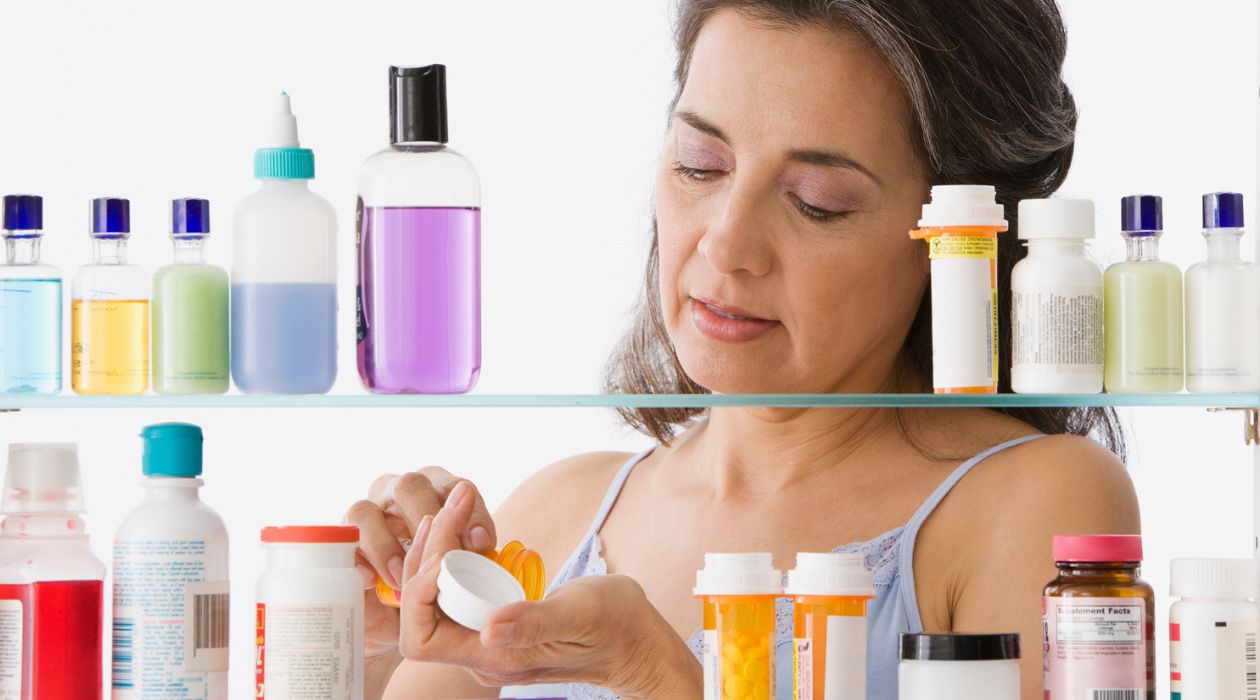

Interior Design
9 Things To Get Rid Of From A Medicine Cabinet Now
Modified: January 5, 2024
Declutter your medicine cabinet with these 9 essential tips. Say goodbye to unnecessary items and create a well-organized space for your interior-design needs.
(Many of the links in this article redirect to a specific reviewed product. Your purchase of these products through affiliate links helps to generate commission for Storables.com, at no extra cost. Learn more)
Expired Medications
One of the most important things to get rid of from your medicine cabinet is expired medications. Keeping expired medications can be dangerous and potentially harmful to your health. Over time, medications can lose their effectiveness and may even become toxic.
Expired medications may not provide the intended therapeutic effect and could lead to ineffective treatment of the underlying condition. In some cases, expired medications can even cause adverse reactions, such as allergic reactions or organ damage.
When sorting through your medicine cabinet, carefully check the expiration dates on each medication. Expired medications should be disposed of properly, following the guidelines provided by your local pharmacy or healthcare provider. Many pharmacies have take-back programs or disposal methods specifically designed for safe medication disposal.
It’s important to note that flushing expired medications down the toilet or disposing of them in the trash is not recommended, as it can have negative environmental effects.
By regularly reviewing and getting rid of expired medications from your medicine cabinet, you ensure that the medications you have on hand are safe and effective when you need them.
Key Takeaways:
- Regularly review and discard expired medications, unused prescription medications, and over-the-counter medications from your medicine cabinet to ensure safety and effectiveness when needed.
- Dispose of old or damaged band-aids, thermometers, inhalers, first aid creams, vitamins, and eye drops properly to maintain a safe and clutter-free medicine cabinet.
Unused Prescription Medications
Another item to consider removing from your medicine cabinet is unused prescription medications. Prescription medications are specifically prescribed for an individual’s unique health condition or symptoms. When these medications go unused, they can pose potential risks and hazards.
One of the main reasons to discard unused prescription medications is to prevent them from falling into the wrong hands or being used inappropriately. This is particularly important if there are young children or individuals with substance abuse issues in your household.
Unused prescription medications can also contribute to medication mix-ups and confusion. It’s easy to mistake one medication for another or take a medication that was prescribed for someone else. This can lead to potential health risks and complications.
To dispose of unused prescription medications safely, it is recommended to follow the guidelines provided by your local pharmacy or healthcare provider. Many pharmacies offer take-back programs or can direct you to authorized collection sites. It’s important to avoid flushing prescription medications down the toilet or throwing them in the trash, as this can have negative environmental consequences.
If you are unsure about the expiration date or the appropriate disposal method for a specific prescription medication, consult with your pharmacist or healthcare provider for guidance.
By regularly reviewing your medicine cabinet and removing unused prescription medications, you contribute to a safe and clutter-free environment while minimizing potential risks for yourself and others.
Over-the-Counter Medications
When decluttering your medicine cabinet, don’t forget to assess and dispose of any over-the-counter medications that are no longer needed. Over-the-counter (OTC) medications are readily available without a prescription and are commonly used to alleviate various symptoms or treat minor health conditions.
Over time, however, these medications can lose their effectiveness or may no longer be suitable for your current health needs. It’s essential to regularly check the expiration dates on your OTC medications and discard any that have expired.
Along with expired medications, it’s also necessary to evaluate whether you still need or use certain OTC medications. Many people accumulate a collection of OTC medications throughout the years, but they may no longer require them or find them effective.
Additionally, some OTC medications have changed formulations or have been found to have potential risks or interactions with other medications. Staying aware of any recalls or updates from the manufacturers or regulatory agencies can help you make informed decisions about the medications in your cabinet.
If you have unused and unexpired OTC medications that are still in good condition, consider donating them to a local pharmacy, community health center, or a medication donation program if available in your area. These programs collect and distribute medications to individuals who may not have access to affordable healthcare or medications.
Proper disposal is crucial for OTC medications that have expired or are no longer needed. Check with your local pharmacy or healthcare provider for guidelines on how to safely dispose of these medications. It’s important to avoid flushing them down the toilet or throwing them in the trash, as it can harm the environment or potentially be found and misused by others.
By regularly reviewing and decluttering your medicine cabinet of expired and unnecessary OTC medications, you create a safer environment and ensure that the medications you have on hand are current, effective, and appropriate for your needs.
Expired or Damaged Band-Aids
Band-Aids are a staple in every medicine cabinet, providing quick and convenient solutions for minor cuts, scrapes, and wounds. However, it’s important to regularly assess the condition of your band-aids and get rid of any that are expired or damaged.
Expired band-aids may not adhere properly or may lose their sterility, making them less effective in providing protection against infection. The adhesive may also weaken over time, making it difficult for the band-aid to stay in place on the skin.
Damaged band-aids, such as those with torn wrappers or exposed adhesive, can accumulate dirt, bacteria, or other contaminants, compromising their hygiene and effectiveness as a wound covering.
When sorting through your band-aids, check the expiration dates on the packaging. If any are past their expiration date or show signs of damage, it’s best to dispose of them and replace them with fresh ones.
Properly disposing of expired or damaged band-aids is simple. Wrap them securely in a plastic bag and dispose of them in your regular household trash. It’s important to avoid flushing band-aids down the toilet, as they can cause plumbing issues.
Keeping a well-stocked supply of fresh and undamaged band-aids in your medicine cabinet ensures that you have them readily available when needed. Make it a habit to regularly check and replace your band-aids as necessary, so you can confidently provide proper care for minor wounds and cuts.
Old or Unused Thermometers
Thermometers are essential tools for monitoring body temperature and can be found in many medicine cabinets. However, it’s important to periodically evaluate the condition and usefulness of your thermometers and remove any that are old or no longer needed.
Older thermometers, especially those that use mercury, may pose potential health hazards if broken or mishandled. Mercury is a toxic substance that can cause harm if exposed to the skin or inhaled as a vapor. It’s best to dispose of mercury-containing thermometers properly to prevent any accidental exposure.
If you have an old mercury thermometer, check with your local health or environmental agencies for specific guidelines on how to safely dispose of it. They may provide information about drop-off locations or special collection events for hazardous materials.
Even if your thermometer does not contain mercury, it’s still important to assess its condition and accuracy. Over time, thermometers can become less reliable or may no longer provide accurate temperature readings. If you have a thermometer that consistently shows inconsistent or questionable results, it’s time to replace it with a new one.
When disposing of an old or faulty thermometer, consider recycling options if available in your area. Some local recycling programs accept electronic waste, which may include digital thermometers.
Replacing old or unused thermometers with new, accurate, and reliable ones ensures that you have a dependable tool for monitoring body temperature when needed. It’s always a good idea to keep at least one working thermometer in your medicine cabinet, especially during times when health concerns are prevalent.
By regularly reviewing and removing old or unused thermometers from your medicine cabinet, you maintain a safe and efficient collection of healthcare tools and equipment.
Check expiration dates on all medications and dispose of any that are past their expiration date. Expired medications may not be effective and can even be harmful if taken.
Empty or Expired Inhalers
If you or someone in your household relies on inhalers for respiratory conditions such as asthma or COPD, it’s important to regularly check and dispose of any empty or expired inhalers in your medicine cabinet.
Empty inhalers no longer contain the medication needed to provide relief for respiratory symptoms. Keeping them in your medicine cabinet can lead to confusion and potentially delay proper treatment during an emergency or flare-up.
Expired inhalers may no longer be effective in delivering the appropriate dosage of medication. Over time, the potency of the medication can diminish, making the inhaler less effective in managing respiratory symptoms.
It’s crucial to check the expiration dates on inhalers and discard any that have expired. Consult the packaging or contact your healthcare provider if you are unsure about the expiration date of a specific inhaler.
When disposing of empty or expired inhalers, it’s important to follow the appropriate guidelines provided by your local pharmacy or healthcare provider. Many inhalers contain propellants or other components that require special disposal methods to ensure safety and environmental protection.
Pharmacies or healthcare facilities may offer inhaler recycling programs, allowing you to return empty or expired inhalers for proper disposal. If a recycling program is not available, you can consult with your local waste management agency to determine the best disposal method for inhalers in your area.
Make it a habit to regularly review and discard empty or expired inhalers from your medicine cabinet. This ensures that you have reliable and effective inhalers on hand when needed, providing optimal respiratory care.
Expired or Unused First Aid Creams
First aid creams, also known as topical ointments or balms, are commonly found in medicine cabinets to provide relief and promote healing for minor cuts, burns, and skin irritations. However, it’s important to regularly assess the condition and expiration dates of these creams to ensure their effectiveness.
Expired first aid creams may lose potency and effectiveness over time. The active ingredients in these creams can break down or become less effective, reducing their ability to provide the desired therapeutic effects. Using expired creams may offer little to no relief or even potential adverse reactions.
Unused first aid creams should also be evaluated. If you have creams that have been sitting in your medicine cabinet for an extended period without being used, they may no longer be suitable for use. Storage conditions, such as exposure to heat or humidity, can affect the stability and quality of the product.
When checking your first aid creams, carefully review the expiration dates printed on the packaging. If any creams have expired or show signs of deterioration, it’s best to dispose of them properly.
Proper disposal of expired or unused first aid creams can vary depending on the type of cream and local guidelines. In general, it is recommended to follow the disposal instructions provided by your local pharmacy or healthcare provider. Some communities offer medication take-back programs or provide specific guidelines for safe disposal of medications.
Remember, it’s crucial to avoid flushing first aid creams down the toilet or throwing them in the trash, as they can contaminate water sources or be retrieved and misused by others.
Regularly reviewing and discarding expired or unused first aid creams from your medicine cabinet ensures that you have products that are safe, effective, and capable of delivering the desired therapeutic benefits when necessary. It’s always a good idea to have fresh and reliable first aid creams on hand to tend to minor wounds and skin irritations.
Unnecessary or Expired Vitamins and Supplements
Vitamins and supplements are commonly used to support overall health and well-being. However, it’s important to regularly assess your collection of vitamins and supplements in your medicine cabinet to determine if any are unnecessary or expired.
Unnecessary vitamins and supplements can accumulate over time, often due to changing health needs or changes in dietary habits. It’s crucial to evaluate whether you still require or benefit from certain supplements. Consulting with a healthcare professional or registered dietitian can help you determine which vitamins and supplements are necessary for your specific health needs.
Expired vitamins and supplements may lose their potency and effectiveness. The active ingredients in these products can degrade over time, rendering them less useful in providing the desired health benefits. In some cases, expired supplements may even pose potential health risks.
When reviewing your vitamins and supplements, check the expiration dates on the packaging. If any products have expired, it’s best to dispose of them properly and replace them with fresh ones.
Proper disposal methods for expired vitamins and supplements can vary. Check with your local pharmacy or healthcare provider for specific guidelines. Some pharmacies may have take-back programs or can provide information on safe disposal methods for supplements.
Avoid flushing vitamins and supplements down the toilet or throwing them in the trash, as they can contaminate water sources or be accidentally ingested by animals or children.
Regularly reviewing and discarding unnecessary or expired vitamins and supplements from your medicine cabinet helps ensure that you are only taking products that are beneficial and safe. It also prevents clutter and confusion, making it easier to manage your supplement regimen effectively.
Remember, it’s always important to consult with a healthcare professional before starting or stopping any vitamins or supplements to ensure they are appropriate for your individual needs.
Empty or Dried-Out Eye Drops
Eye drops are commonly used to alleviate dryness, redness, and other eye irritations. However, it’s essential to regularly assess your collection of eye drops in your medicine cabinet and discard any that are empty or dried-out.
Empty eye drop bottles no longer contain the liquid necessary to provide relief for dry or irritated eyes. Keeping empty bottles in your medicine cabinet can lead to confusion and potentially delay in treating eye discomfort.
Dried-out eye drops are no longer effective in providing the desired lubrication and relief for your eyes. The active ingredients in these drops can become less potent or lose their therapeutic properties when they dry out. Using dried-out eye drops may provide little to no relief and could potentially cause further eye irritation.
When reviewing your eye drops, carefully check each bottle for any signs of emptiness or dryness. Make sure to read the instructions and expiration dates printed on the packaging as well. If any eye drop bottles are empty or dried-out or past their expiration date, it’s best to dispose of them.
Proper disposal methods for empty or dried-out eye drops can vary. In general, it is recommended to follow the disposal instructions provided by the manufacturer or consult with your local pharmacy or healthcare provider. Some pharmacies may have specific guidelines or take-back programs for proper disposal of eye drop bottles.
Avoid flushing empty or dried-out eye drop bottles down the toilet or throwing them in the trash, as they can contaminate water sources or pose hazards to others.
Regularly reviewing and discarding empty or dried-out eye drops from your medicine cabinet ensures that you have fresh and effective eye drops available when needed. It’s important to have properly functioning eye drops to provide relief for your eyes and maintain good eye health.
Remember, if you are experiencing persistent eye discomfort or have specific eye conditions, it is always best to consult with an eye care professional for appropriate diagnosis and treatment recommendations.
Frequently Asked Questions about 9 Things To Get Rid Of From A Medicine Cabinet Now
Was this page helpful?
At Storables.com, we guarantee accurate and reliable information. Our content, validated by Expert Board Contributors, is crafted following stringent Editorial Policies. We're committed to providing you with well-researched, expert-backed insights for all your informational needs.




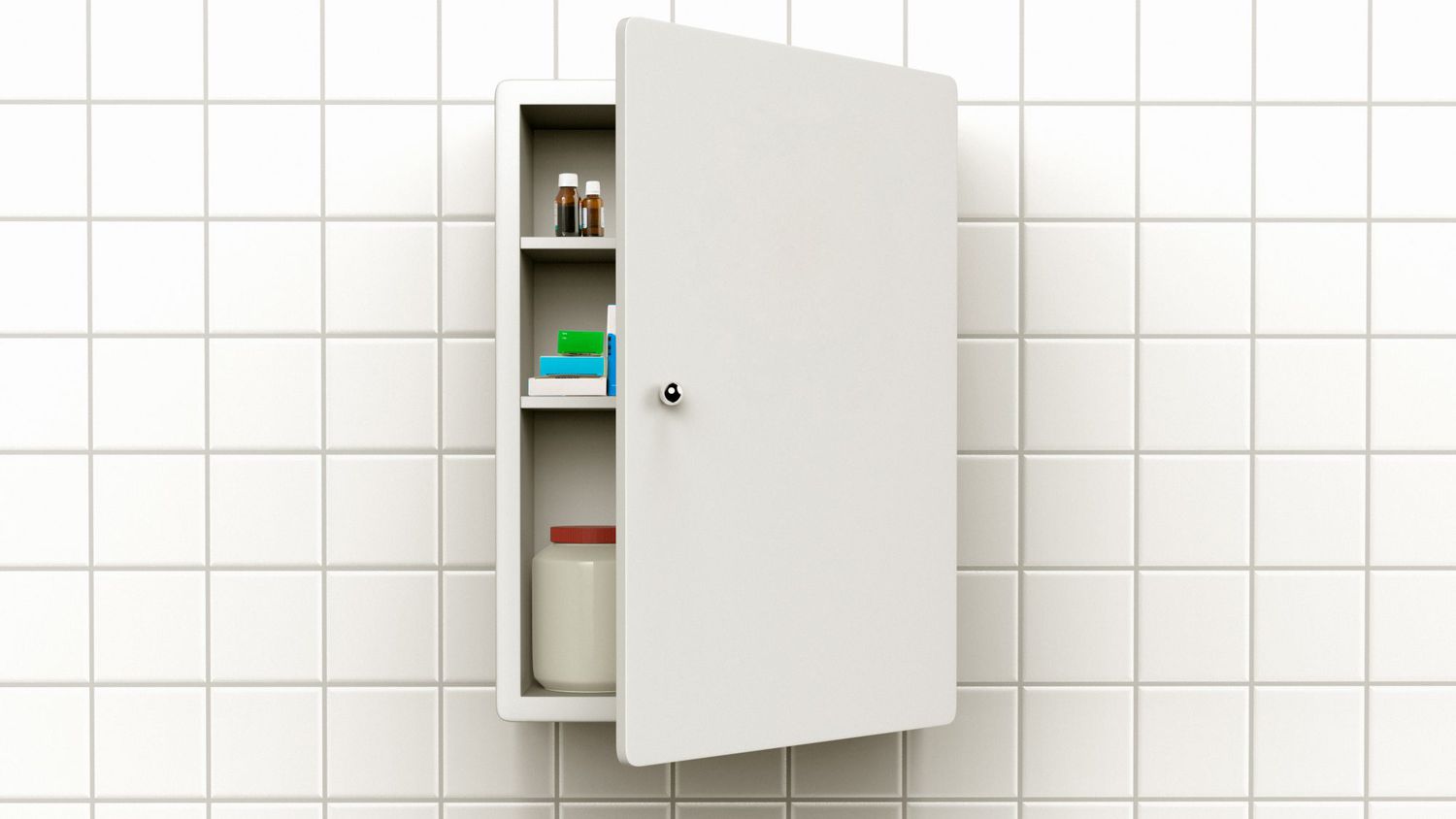
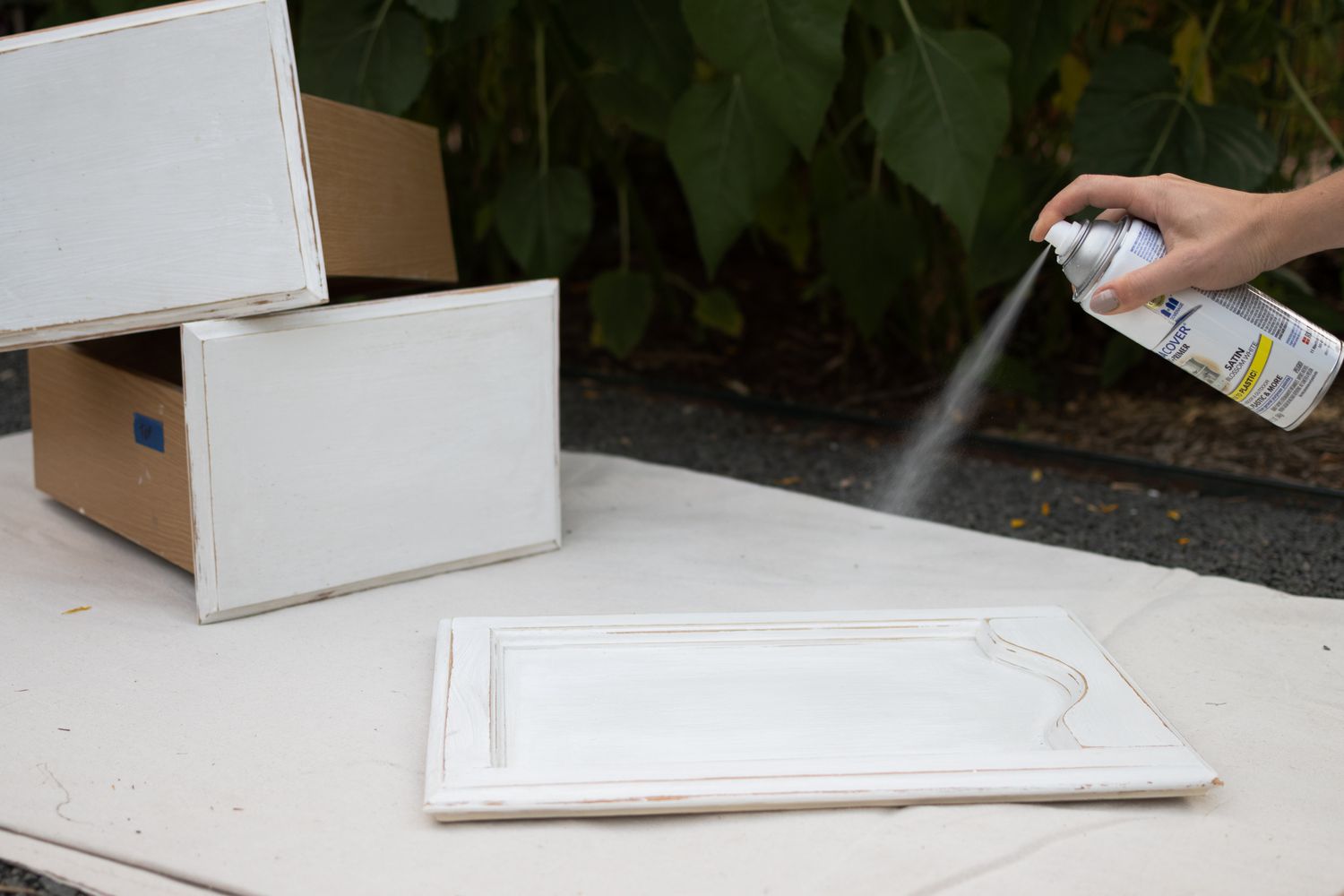


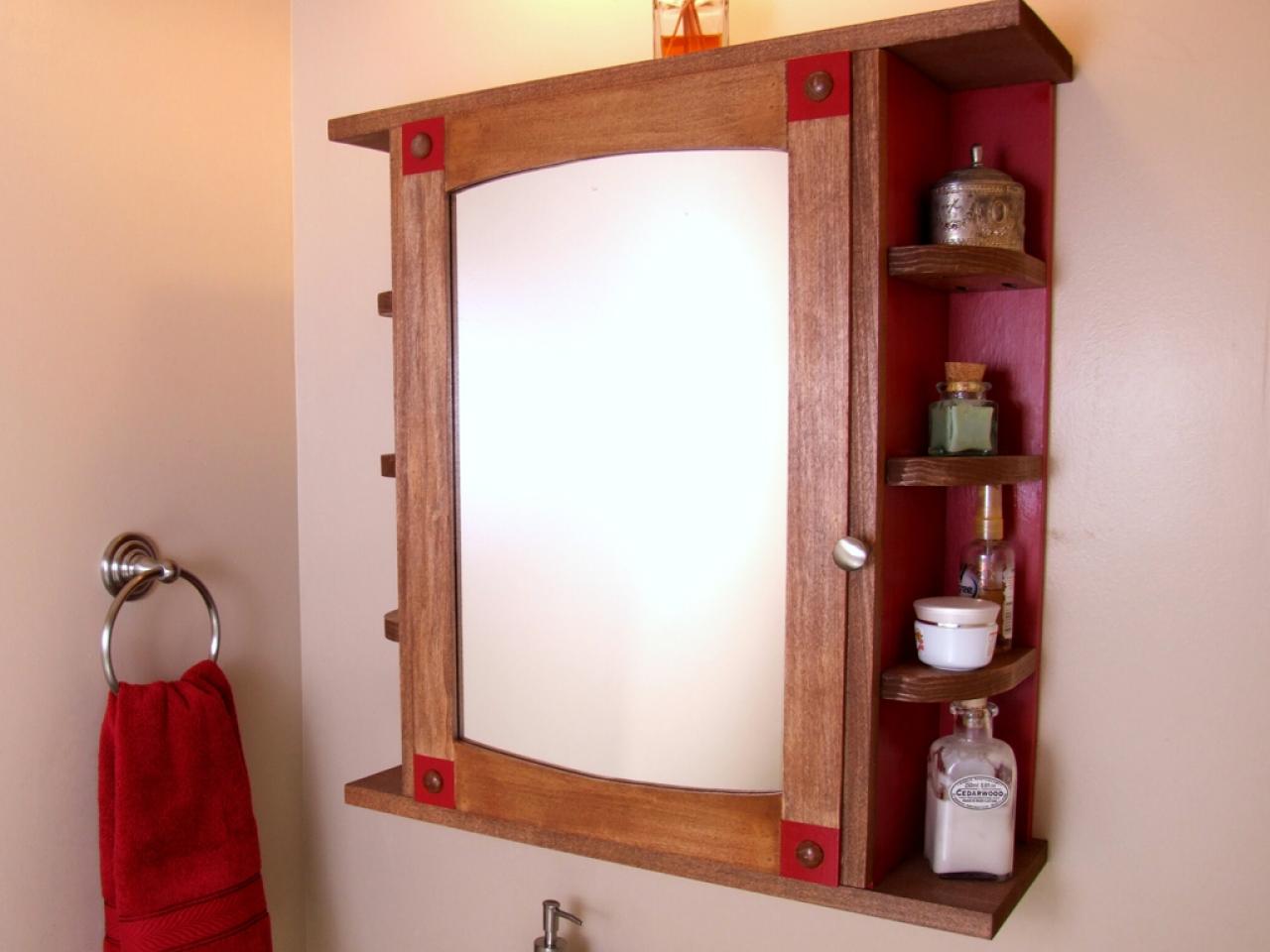



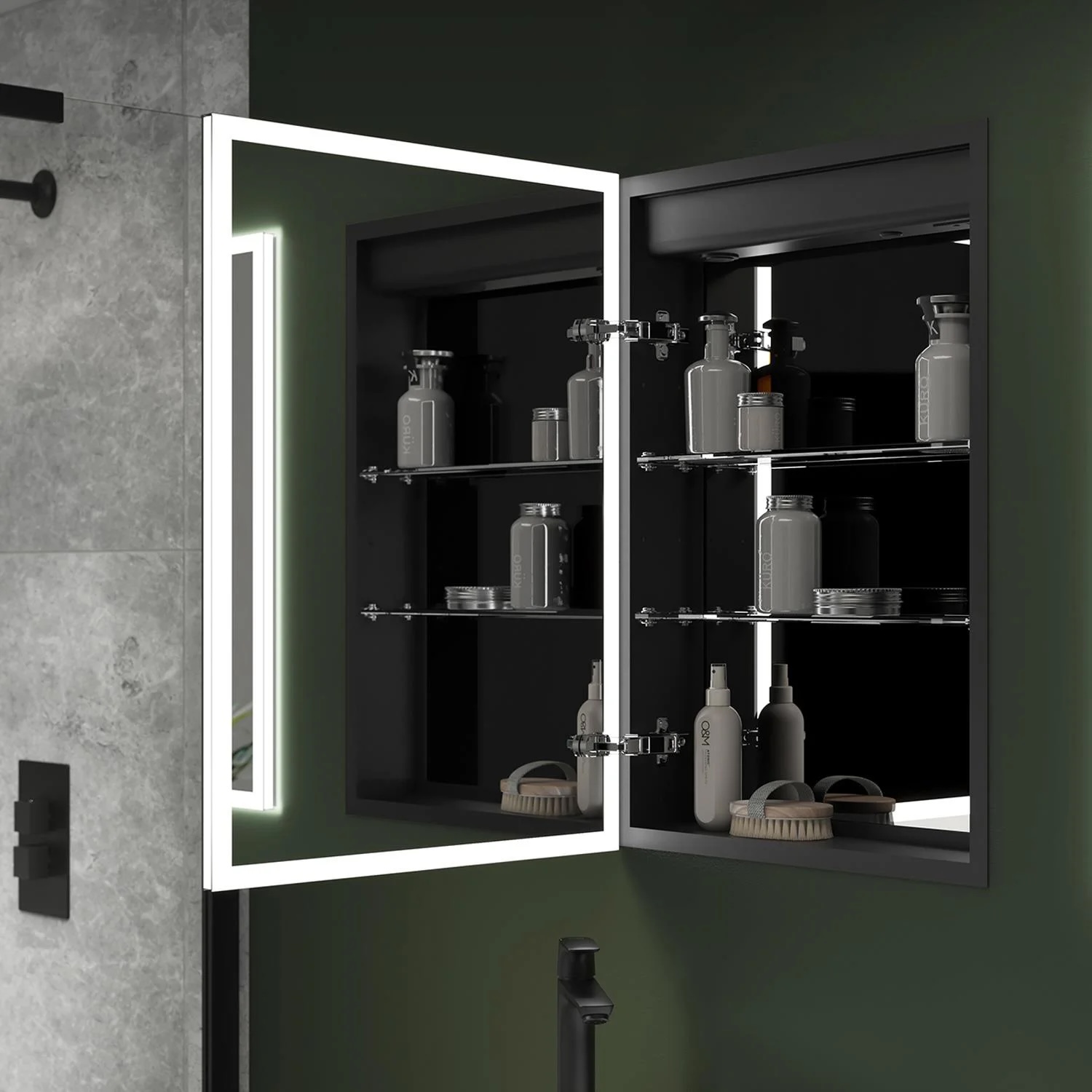


0 thoughts on “9 Things To Get Rid Of From A Medicine Cabinet Now”